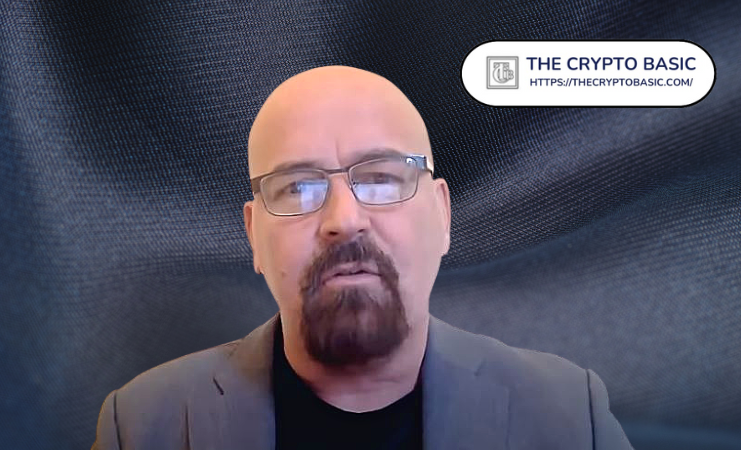XRP Holders’ Attorney Deaton Reacts as Former SEC Commissioner Analyzes Howey Test.
For years, the SEC has used the U.S. Supreme Court’s Howey case to determine whether a cryptocurrency project qualifies as an investment contract to enable its classification as a security.
The Howey Case
The case involved the sale of orange groves to buyers in Florida by a company called Howey. After investors purchased the grove, they leased it back to Howey, whose workers nurtured it until the oranges were harvested and sold.
The company and the investors shared the profit. However, Howey was charged by the SEC for failing to register the investment with the agency. Thus, leading to the Supreme Court judgment that birthed the legal definition of an investment contract.
In the Howey case of 1946, the Supreme Court used four criteria to determine whether an investment contract exists. The criteria include an investment of money, a common enterprise with the expectation of a profit, and deriving the goal from the efforts of others.
These criteria are used by the SEC to label several cryptocurrency offerings, including Ripple (XRP), as security.
Grundfest Sheds More Light Into the Howey Test
In a recent interview, SEC’s former commissioner Joseph Grundfest shed more light on the Supreme Court judgment in the Howey case.
According to Grundfest, there was never a time the Supreme Court ruled that the orange was the security, adding that it was the complete package of the Howey business that was described as security. Grundfest noted the combination of the orange grove sale and the management contract that the court considered a security.
“The Supreme Court agreed with the SEC that the combination of the sale of the orange grove with the management contract was security. The Supreme Court at no point held, and this is really important, that orange was security. It was the package that was the security.” Grundfest said.
Attorney Deaton Reacts
Grundfest’s Howey test analysis sparked many reactions in the Ripple community. Attorney John Deaton, the founder of Crypto Law, said:
“Did Grundfest hack into my server and read part of my draft amicus brief?”
Meanwhile, a top U.S. legal expert claimed that the SEC strayed from the Howey test’s original meaning in its case against Ripple.
Ripple vs. SEC Lawsuit
Ripple is facing a suit filed by the SEC over its 2013 Initial Coin Offerings (ICO).
The Securities and Exchange Commission claims that the sale of XRP meets the Supreme Court’s definition of an investment contract, as stated in the Howey case.
Based on this, the SEC stated that Ripple should be punished for violating U.S. securities laws. On the other hand, Ripple had maintained that XRP is not a security, adding that it did not violate U.S. rules as claimed by the SEC.
The lawsuit has lasted more than a year, with XRP holders paying the ultimate price via the massive dip in the crypto’s value. Attorney Deaton, an amici curiae in the Ripple vs. SEC lawsuit, has made a significant effort to ensure the financial regulator is held accountable for causing tremendous losses to XRP holders.
DisClamier: This content is informational and should not be considered financial advice. The views expressed in this article may include the author's personal opinions and do not reflect The Crypto Basic opinion. Readers are encouraged to do thorough research before making any investment decisions. The Crypto Basic is not responsible for any financial losses.



